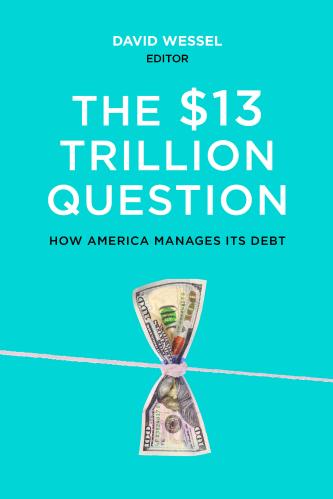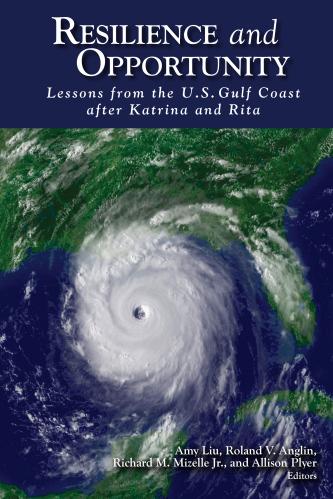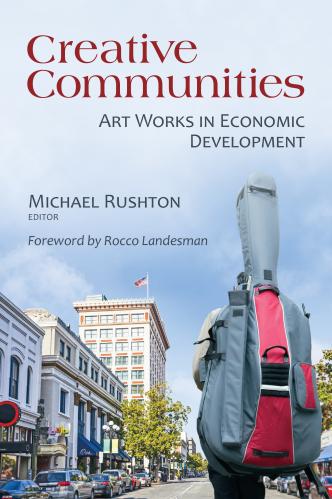America does not possess a single national economy. Instead, prosperity flows from a network of 366 diverse metropolitan economies.
Which is why it is hugely important that creative urban and regional leaders across a number of U.S. regions are currently working to make the most of the unprecedented resources that have been made available by the American Recovery and Reinvestment Act of 2009 (ARRA).
Varied in their efforts, these implementers, abandoning business as usual, are laboring to fashion high-impact, creative approaches to stimulus spending to stabilize and revitalize their metros. The success of their efforts will help drive America’s recovery from the current recession.
But there is a problem: ARRA is an imperfect instrument for metropolitan stimulus and empowerment.
Assembled in haste last winter in the face of deteriorating economic conditions, the sprawling recovery act unfortunately reflects many of the standard operating procedures and rigid delivery systems of five decades’ worth of “legacy” federal government. Because of the need to intervene quickly, the package relies heavily on existing federal-state-local spending mechanisms, subject to existing laws, formulas, and guidelines.
ARRA also reflects existing federal policy’s generally neutral, or even hostile, stance toward creative metro-scale action. Rapid spend-down requirements threaten efforts to build for the long haul. The use of existing programs works against interdisciplinary solutions. Inflexible formulas and strict guidelines frustrate integrated problem-solving. Siloed money flows may preclude market-catalyzing partnerships. And likewise, ARRA’s many accountability provisions—with their heavy stress on curbing waste, fraud, and abuse—may discourage useful experiments and more meaningful performance assessment.
This report first reviews the challenges that ARRA poses for would-be innovators, and probes the nature and early progress of a number of the most creative implementation efforts in metropolitan America. Ultimately, the brief makes several recommendations of near-term federal actions that might help more urban communities carry out creative, high-impact strategies for leveraging the resources of ARRA.
The Brookings Institution is committed to quality, independence, and impact.
We are supported by a diverse array of funders. In line with our values and policies, each Brookings publication represents the sole views of its author(s).







